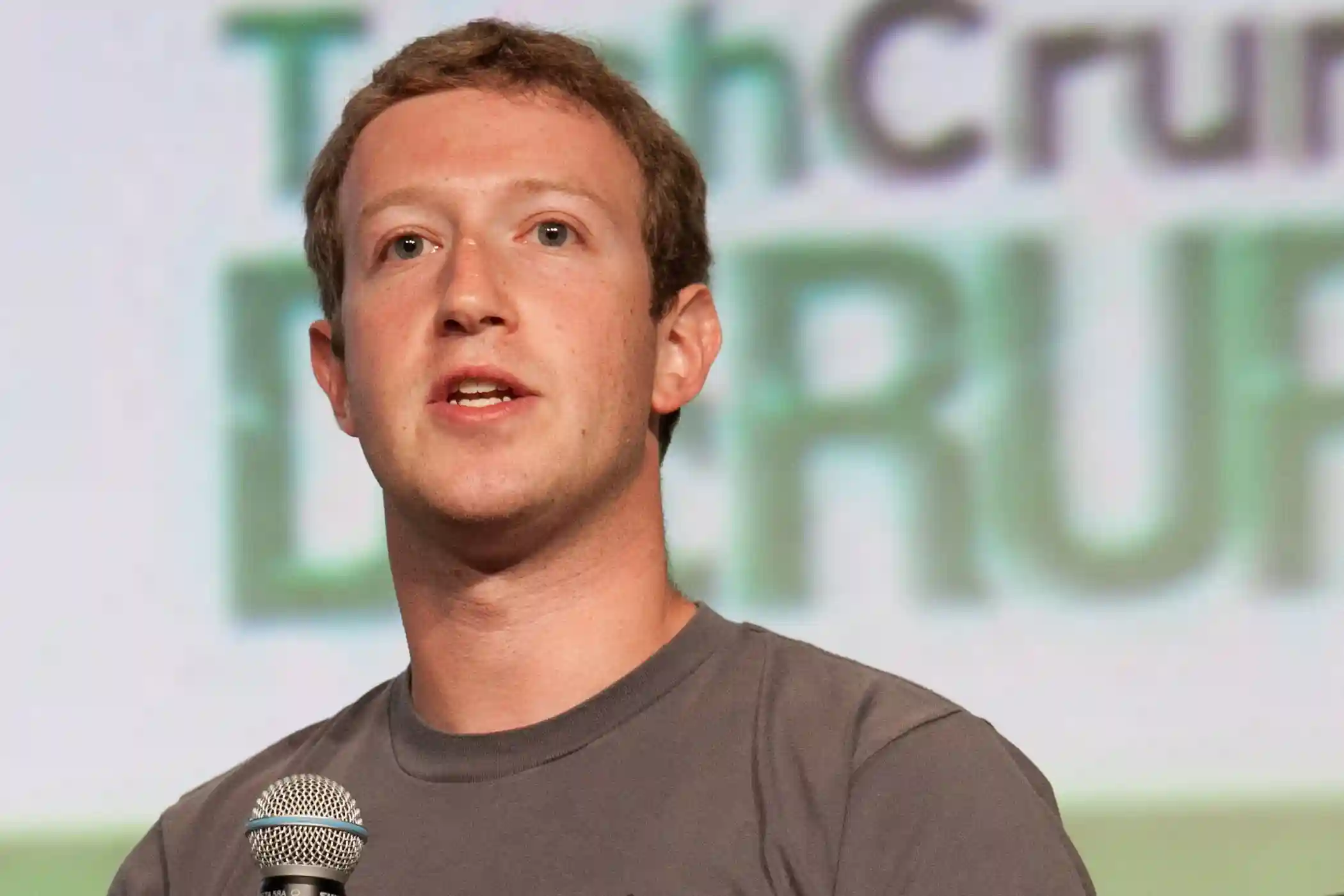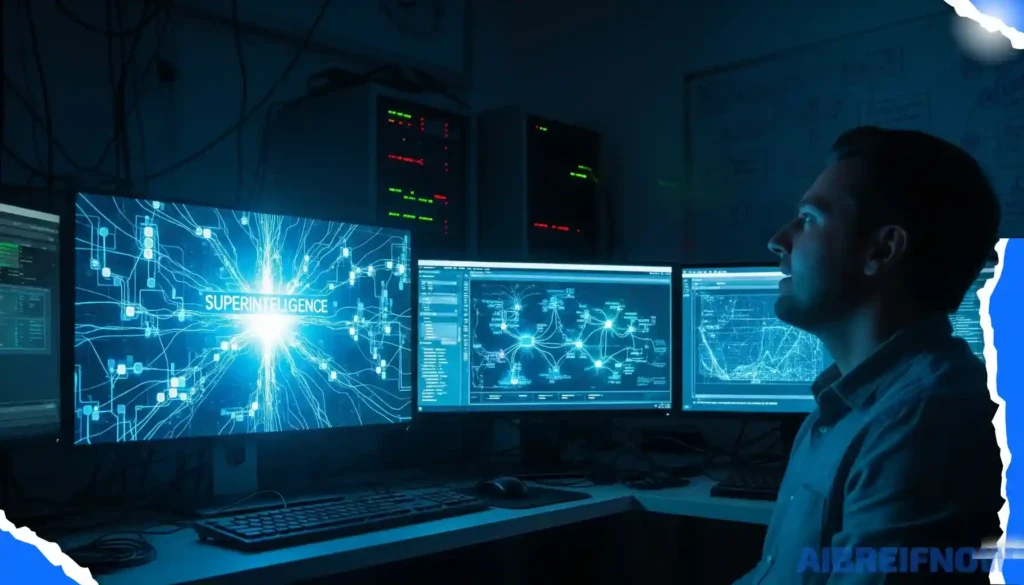
At LlamaCon 2025, CEO of Meta Mark Zuckerberg delivered a keynote declaring that superintelligence will propel humanity into a bold new era of empowerment. Rather than automating away jobs, Zuckerberg said the future lies in giving everyone their own “personal superintelligence”—AI systems that assist individuals in pursuing what matters most to them.
Zuckerberg’s remarks came just hours ahead of Meta’s Q2 earnings announcement, where he doubled down on his commitment to AI investment.
“AI keeps accelerating…and developing superintelligence is now in sight,” he proclaimed, describing a future where personalized AI companions help you be a better friend, worker, and creative mind
Meta Boosts Commitment with New Superintelligence Labs at LlamaCon

In June 2025, Meta restructured its AI operations under the newly formed Meta Superintelligence Labs (MSL), led by Alexandr Wang, former Scale AI CEO, with co-lead Nat Friedman and other elite hires from OpenAI, Anthropic, and DeepMind. The move marks a seismic shift in Meta’s strategy—a no‑frills bet on creating ultra‑advanced AI capable of self‑improvement, with minimal human input.
Zuckerberg emphasized that unlike rivals who aim to replace labor through automation, Meta’s mission is human-centric. “This is about empowering people with intelligence tailored to their lives,” he said, pushing back on industry norms of centralizing AI for mass productivity gains.
Shake‑Up Comes Amid Heavy Investment and Skepticism
Meta isn’t just talking; it’s putting its money where its mouth is. The company has invested at least $14.3 billion in Scale AI, plus plans to spend up to $70 billion in capital expenditures in 2025, primarily on AI infrastructure and talent recruitment.
Its stock popped more than 11% after announcing strong Q2 earnings—despite investor concerns over tightened competition and rising costs. Meta has also made headlines offering nine-figure compensation packages—nicknamed “Zuck Bucks”—to lure top AI researchers from across Silicon Valley, including former OpenAI scientists and Scale AI leadership.
Impact

For Americans, Zuckerberg’s vision—personal superintelligence at LlamaCon available to anyone—represents a shift from mass automation toward individual empowerment and creativity. If realized, this could reshape everyday life: from helping parents manage chores and kids’ schedules to giving students tutoring tailored to their learning style, or fueling creative pursuits with AI-driven tools that understand context and goals.
Moreover, Meta’s AI push comes at a time when privacy and responsible innovation are under the microscope. Zuckerberg acknowledged the need to tread carefully, promising rigorous risk mitigation and transparency about what AI models will be open-sourced.
That said, analysts caution that Meta faces a steep hill: investors warn that achieving real “superintelligence” is a long game, and skepticism remains high given recent underwhelming performance of Llama 4 and tough global competition from OpenAI and Google DeepMind.
Building, Scaling, and Staying Accountable
Meta’s Superintelligence Labs is focused on developing AI that can learn and improve autonomously, aiming to surpass current human-level performance. That kind of self-reliant intelligence could usher in capabilities beyond today’s chatbots—but also raises serious technical and ethical questions.
If Zuckerberg’s vision pans out, our primary computing devices could shift from smartphones to AI‑powered smart glasses—like Meta’s Ray-Ban AI and the Orion prototype—letting superintelligence become an always-on presence in daily life.
In short, Zuckerberg is sounding the battle horn for a new frontier—one where superintelligence becomes personal, creativity surges, and individuals hold the reins to change their lives. But whether this becomes a world-changing turning point—or another Silicon Valley promise—will depend on Meta’s ability to build it, scale it, and do it responsibly.



